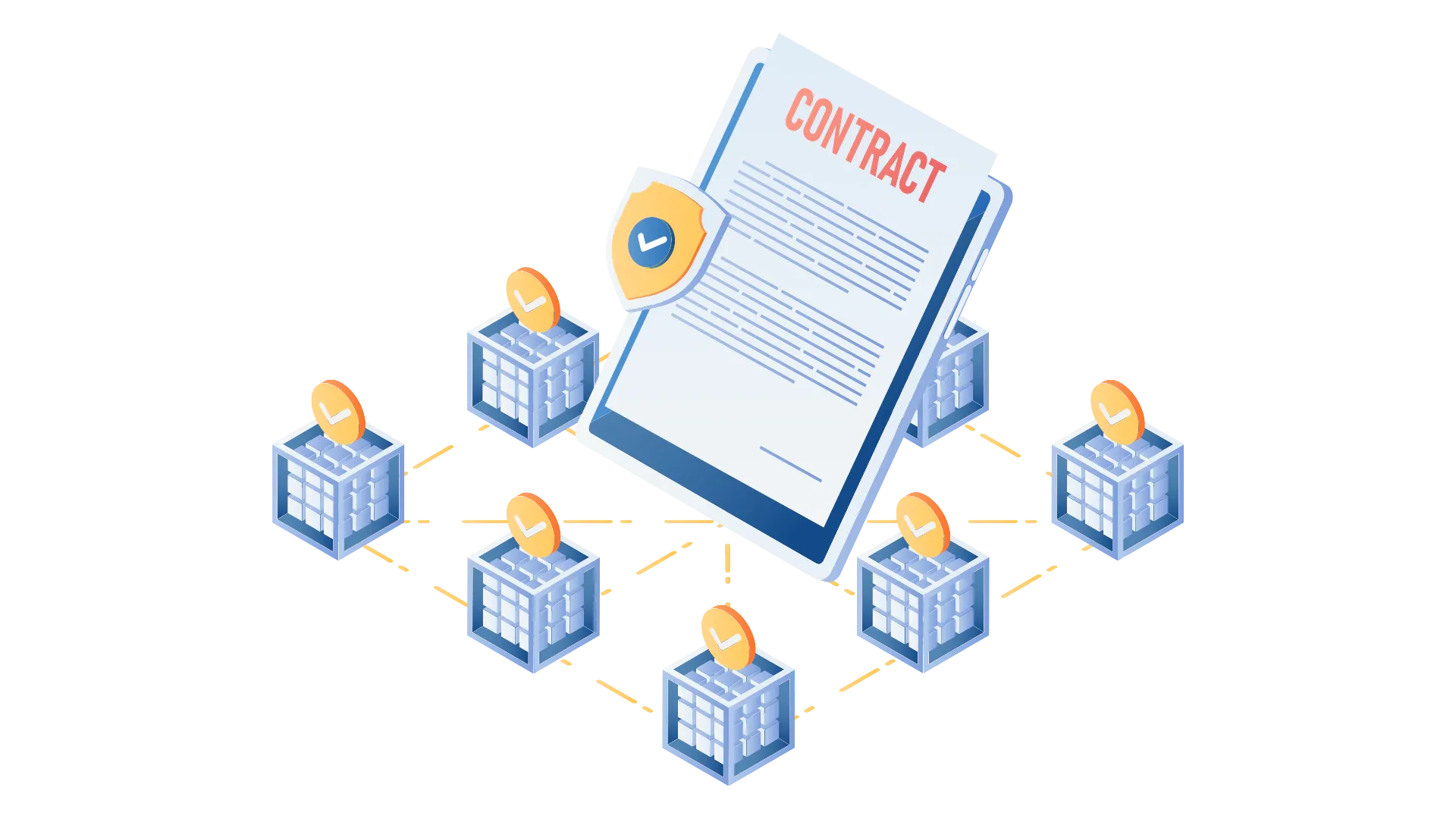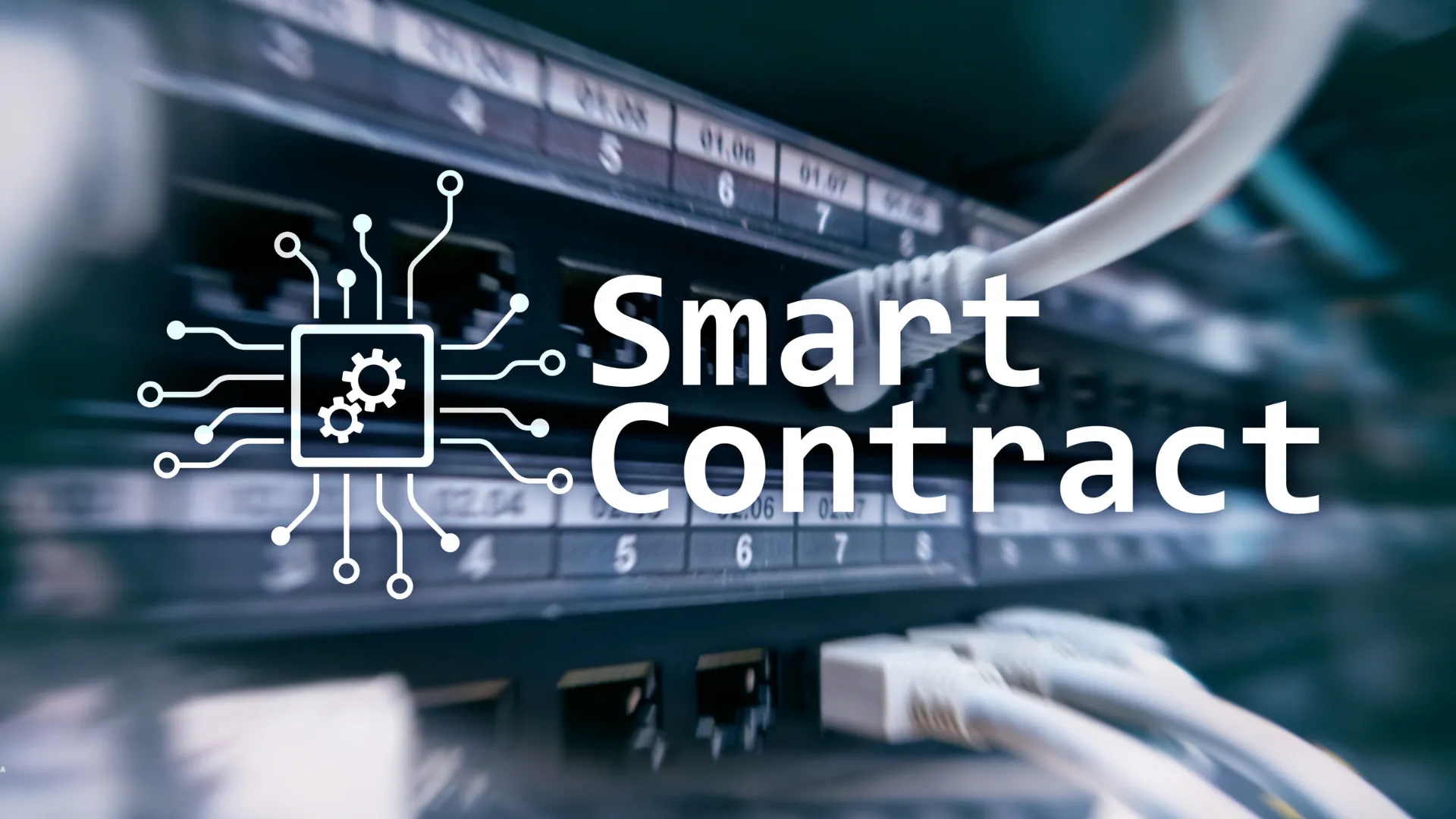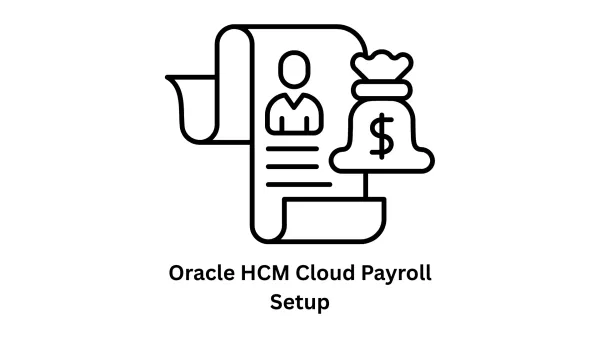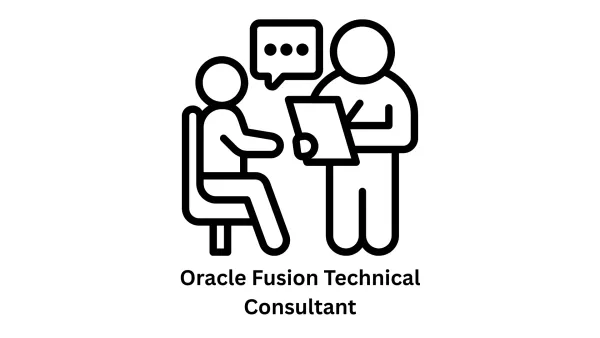Demystifying Smart Contracts: A Beginner's Guide to Creation

Smart contracts are the backbone of the blockchain revolution, automating agreements and processes without the need for intermediaries. But how exactly do you create one? This beginner's guide will walk you through the steps, from concept to deployment, and even provide a glimpse into why businesses are turning to blockchain smart contract development companies like Associative.
What are Smart Contracts?
Think of a smart contract as a digital vending machine. You insert the correct inputs (e.g., cryptocurrency), and the machine automatically dispenses the agreed-upon output (e.g., a digital asset). These contracts are:
- Self-Executing: They automatically enforce the terms encoded within them.
- Immutable: Once deployed on the blockchain, they cannot be changed, ensuring trust and security.
- Transparent: Everyone can see the code and the execution history, promoting accountability.
Steps to Create Your Own Smart Contract
- Define Your Goal: What problem are you trying to solve? What kind of agreement or process do you want to automate?
- Choose Your Blockchain: Different blockchains (like Ethereum, Solana, or Cardano) have different strengths and weaknesses. Choose one that suits your needs.
- Learn a Smart Contract Language: The most common language is Solidity (for Ethereum). There are other options like Vyper and Rust (for Solana).
- Write Your Code: Smart contracts are essentially programs. You'll write code that defines the rules of the contract, the inputs it accepts, and the actions it triggers.
- Test Thoroughly: Errors in smart contracts can be costly. Test your code on a test network before deploying it on the mainnet (the live blockchain).
- Deploy and Interact: Once you're confident, deploy your contract to the blockchain. You (and others) can then interact with it by sending transactions.
The Advantages of Smart Contracts
- Trust and Transparency: Eliminate the need for intermediaries, reduce disputes, and create auditable records.
- Efficiency: Automate processes, saving time and money.
- Security: Blockchain's decentralized nature makes smart contracts resistant to tampering and fraud.
- New Business Models: Enable decentralized applications (DApps) and innovative solutions like decentralized finance (DeFi).
Why Work with a Blockchain Smart Contract Development Company?
Developing robust and secure smart contracts requires specialized knowledge and expertise. A blockchain smart contract development company like Associative can:
- Guide Your Project: Help you define your requirements and choose the right blockchain platform.
- Provide Expert Development: Write high-quality code that is secure and efficient.
- Ensure Thorough Testing: Identify and fix vulnerabilities before deployment.
- Offer Ongoing Support: Help you maintain and upgrade your smart contract.
Conclusion
Smart contracts are a powerful tool for transforming industries and creating new opportunities. Whether you're a developer eager to dive in or a business leader seeking innovative solutions, understanding how to create smart contracts is a valuable skill. If you need assistance, don't hesitate to reach out to a trusted blockchain smart contract development company to bring your ideas to life.



To learn more, consider reading other articles, blogs, and stories in this area.























